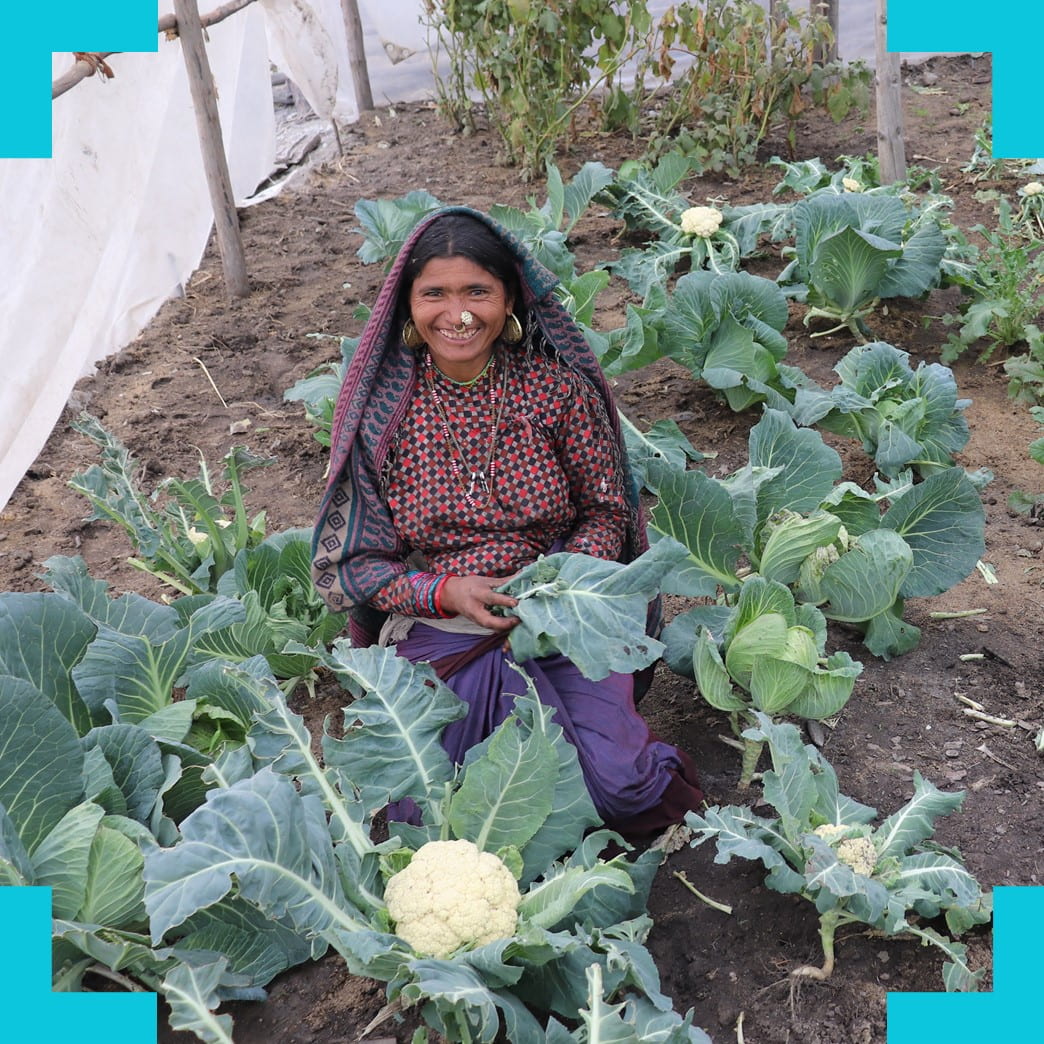European Network for Community Wellbeing and Resilience
How do communities define, measure and experience wellbeing and resilience? How do community-owned spaces contribute to these characteristics? How can community-led regeneration thrive without being co-opted by commercial interests?

Cultural and community spaces, organisations and local initiatives have powerful impacts on the communities they are situated in. These spaces and movements are powerful yet vulnerable. Community-led regeneration can lead to gentrification when private landlords displace and take advantage of land ownership of leased or meanwhile spaces. Local municipal policies to redevelop or commercialise areas can disturb or destroy community initiatives and co-opt local resurgence for the benefit of private developers and at the expense of local residents.
This project sought seeks to examine how successful community spaces can survive and thrive without the negative consequences that can arise. Through bringing together community organisers and researchers from different European projects, this project aimed to illuminate the different approaches to nurturing community wellbeing – especially how it is conceived, measured and experienced. The project looked at how resilience can be built and nurtured. It also considered whether resilience can be enhanced through the European Network of like-minded initiatives, which facilitate expressions of solidarity, share useful research and case studies, and co-create resources together.
What did the project involve?
The project set out to explore how different European community projects, social movements, researchers, and initiatives define, measure and experience wellbeing and resilience. It determined what platforms, mediums of exchange, and resources were needed to develop relationships and nurture dialogues between these actors.
This enquiry cultivated in the emergence of a European network for community wellbeing and resilience. The project first set out to define a shared understanding of these two terms. The researchers then considered how notions of wellbeing and resilience were affected by ownership of space, specifically in what ways permanent residency is essential for community projects to flourish. This knowledge-exchange informed what strategies for community wellbeing and resilience the European Network will explore.
The Network developed between different European partners, from urban and community researchers, community groups running squats and meanwhile spaces, to part municipally funded cultural and community spaces, to intentional land-based communities. The project initiated a more formal process of ideas exchange between Bristol University, Coexist and European cultural and community centres with interest in collaboration and joint research.
Initially, the project set out to enable a travel and accommodation bursary for European partners to attend a symposium in Bristol, exploring community-led regeneration and resurgence, centred around models of wellbeing and resilience. Participants were to be invited to share a workshop or activity and participate in a feedback forum, generating new knowledge and understandings from a diverse range of participants. However, due to the outbreak of Covid-19 and the ensuring quarantine restrictions the project had to adapt.
The symposium was delayed and when it was rescheduled the project now sought to include the exploration of a covid-responsive workshop that also explores post-Covid resilience and well-being and digital/hybrid participatory praxis. The pandemic provided an opportunity to amend the aims to explore the impact of the loss of community spaces, post-covid resilience and wellbeing, and the digital/hybrid participatory praxis.
Who are the team and what do they bring?
- Daniel Balla (Co-Director, Coexist) is a creative facilitator dedicated to creating systemic change. He explores human relationships with the world and each other through immersive projects of participatory theatre, storytelling and film. He is also co-director of Coexist, a community movement dedicated to protecting community spaces and enhancing them for future generations.
- Naomi Millner (Human Geography, University of Bristol) is a social scientist who works at the intersection between political geography and political ecology. Her research follows how new globalising agendas for sustainability and the rise of new technologies for environmental monitoring (such as drones) transform and affect the contexts within which they are introduced – against historical backdrops of colonial histories, long-term conflict, disputes over land rights and citizenship, and unevenness in terms of access to resources.
- Therese O’Toole (Sociology, University of Bristol) is a researcher interests in the fields of ethnicity, governance, political activism and social movements. She is a member of the Centre for the Study of Ethnicity and Citizenship.
What were the results?
At the culmination of this project the aim to support the emergence of a European Network for Community Wellbeing and Resilience for community projects and social movements was still in its early stages because of the pandemic but the network had established a clear plan further the dialogue around mitigating gentrification and reconstituting regeneration as community-centred and a community-led process.

